Acknowledgments
For the research and writing that have resulted in this book, I received generous financial support from the Chiang Ching-kuo Foundation in the form of a research grant. I also benefited from a research travel grant from the University of Notre Dames Institute for Scholarship in Liberal Arts, which enabled me to visit some of the major libraries in China, including the National Library in Beijing and the Municipal Library of Shanghai. I am grateful to the College of Arts and Letters and the Department of East Asian Languages and Cultures at University of Notre Dame for granting me a one-year research leave and a one-semester research leave, which greatly facilitated this book project.
I am deeply indebted to many individuals for their help throughout the entire course or at different stages of the project. Eugene Eoyang, as always, has been a major source of inspiration for me. At an early stage of the project I received advice from Benjamin Elman, which proved immensely valuable. Several other scholarsincluding Robert Hegel, Anthony Yu (even in his retirement!), Victor Mair, David Rolston, Vibeke Brdahl, Martin Huang, Patricia Sieber, Paul Jakov Smith, Anne E. McLaren, Margaret Wan, Ming Dong Gu, Sheldon Hsiao-peng Lu, Guo Yingde, Xin Ying, Shi Yaohua, and Han Jiegen, among otherseither shared with me their views on the project or offered comments and suggestions on my manuscript or portions of it. To them, I am deeply grateful.I am also thankful to my colleagues and students at University of Notre Dame, who have made teaching and research such a joy for me. Special thanks are due to the staff of Notre Dames Hesburgh Library, especially Hye-jin Juhn, for indulging my numerous requests for interlibrary loans of books and articles.
Let me thank my wife, Yongqing, who has spared me most of the household chores throughout the years, which made this book project considerably less daunting to me. Thanks are also due to my daughter Sherry and her husband Vijay, who, as medical students, have become my best-trusted health advisers and a major source of encouragement. I am also grateful to my numerous friends in China, the United States, and elsewhere, whose telephone calls and email messages have added so much joy and comfort to my life.
Two anonymous reviewers with the University of Washington Press read my manuscript meticulously and offered many insightful comments and suggestions for revision. To them, I am profoundly indebted. Needless to say, any remaining errors and shortcomings in this book are mine. I am also deeply thankful to the editors at the University of Washington Press, especially Executive Editor Lorri Hagman, who have been instrumental in bringing this work to print.
If this book can be considered any kind of achievement, I owe it to the teachers who guided my intellectual development, from elementary school to graduate school. Even after I became a college professor, I continued to benefit from my teachers, even though I did not formally take a course with some of them. To all my teachers, this book is dedicated, with enduring respect and gratitude.
A Note on Chinese Romanization
In this book the pinyin system is used for Chinese romanization. For citations from sources where the Wade-Giles system is used, all Chinese names and terms in the text have been converted to pinyin for the sake of consistency. The Wade-Giles romanization for titles of books and articles, however, remains unchanged. I thank the original authors for their understanding.
Selected Bibliography
Aixinjueluo Xuanye  .
.  . Qing Shengzu Ren Huangdi yuzhi wenji
. Qing Shengzu Ren Huangdi yuzhi wenji . Siku quanshu
. Siku quanshu ed.
ed.
Ames, Roger T. The Art of Rulership: A Study of Ancient Chinese Political Thought. Albany: State University of New York Press, 1994.
Anderson, Marston. The Scorpion in the Scholars Cap: Ritual, Memory, and Desire in Rulin Waishi. In Culture and State in Chinese History: Conventions, Accommodations, and Critiques, edited by Theodore Huters, R. Bin Wong, and Pauline Yu, 25976. Stanford: Stanford University Press, 1997.
Anonymous. Guoyu . Siku quanshu ed.
. Siku quanshu ed.
Anonymous. Nkaike zhuan . Guben xiaoshuo jicheng
. Guben xiaoshuo jicheng ed.
ed.
Aristotle. The Poetics. Translated by Leon Golden. Tallahassee: University Presses of Florida, 1981.
Bakhtin, M. M. The Dialogic Imagination. Edited by Michael Holquist. Translated by Caryl Emerson and Michael Holquist. Austin: University of Texas Press, 1981.
Ban Gu  . Qian Han shu
. Qian Han shu . Siku quanshu ed.
. Siku quanshu ed.
Bol, Peter K. On the Problem of Contextualizing Ideas: Reflections on Yu Yingshis Approach to the Study of Song Daoxue. Journal of Song-Yuan Studies 34 (2004): 5979.
Brokaw, Cynthia J. The Ledgers of Merit and Demerit. Princeton: Princeton University Press, 1991.
Brook, Timothy. The Confusions of Pleasures: Commerce and Culture in Ming China. Berkeley: University of California Press, 1998.
Cao Renhu  and Ji Huang
and Ji Huang  . Qinding Xu wenxian tongkao
. Qinding Xu wenxian tongkao . Siku quanshu ed.
. Siku quanshu ed.
Cao Xueqin  . Honglou meng: Qi xu ben
. Honglou meng: Qi xu ben :
:  . 5 vols. Guben xiaoshuo jicheng ed.
. 5 vols. Guben xiaoshuo jicheng ed.
. Zhiyanzhai chongping Shitou ji: Gengchen ben :
:  . 4 vols. Guben xiaoshuo jicheng ed.
. 4 vols. Guben xiaoshuo jicheng ed.
. Zhiyanzhai chongping Shitou ji: Jiaxu ben :
:  . Guben xiaoshuo jicheng ed.
. Guben xiaoshuo jicheng ed.
Cao Xueqin  and Gao E
and Gao E  . Honglou meng
. Honglou meng . 4 vols. Beijing: Renmin wenxue chubanshe, 1973.
. 4 vols. Beijing: Renmin wenxue chubanshe, 1973.
. The Story of the Stone

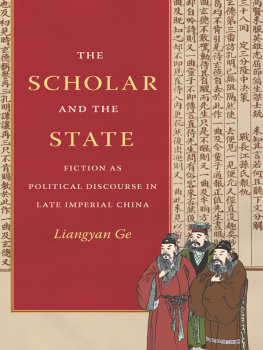

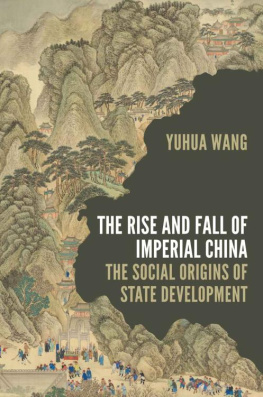
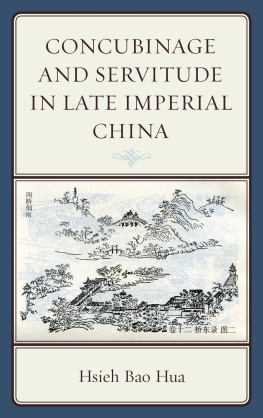
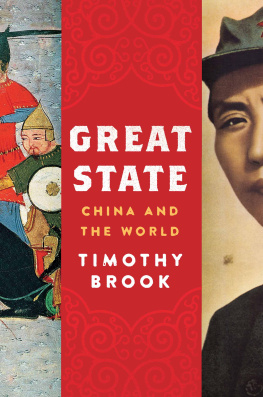
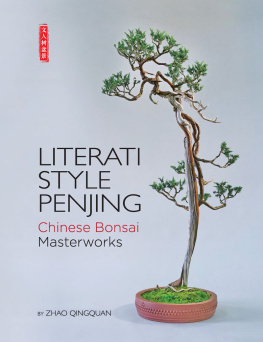
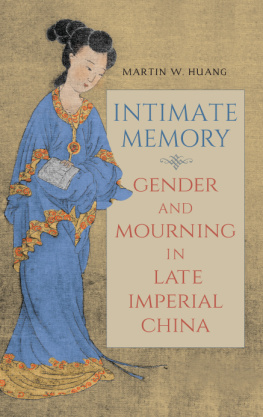
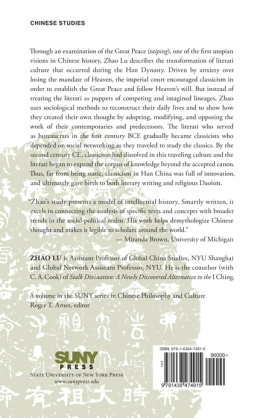
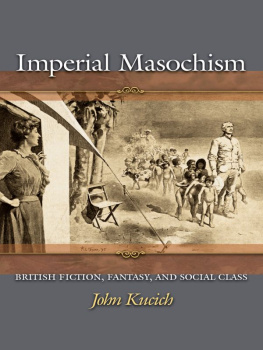
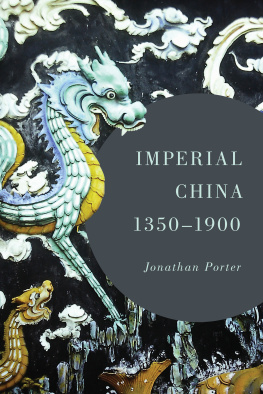
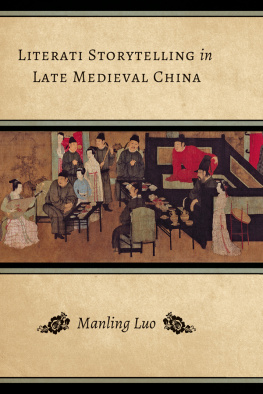
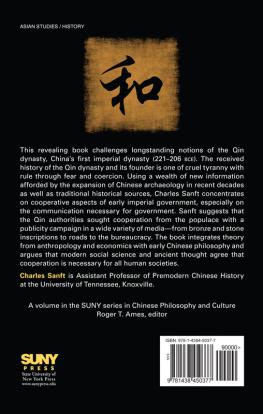

 .
.  . Qing Shengzu Ren Huangdi yuzhi wenji
. Qing Shengzu Ren Huangdi yuzhi wenji . Siku quanshu
. Siku quanshu ed.
ed. . Siku quanshu ed.
. Siku quanshu ed. . Guben xiaoshuo jicheng
. Guben xiaoshuo jicheng ed.
ed. . Qian Han shu
. Qian Han shu . Siku quanshu ed.
. Siku quanshu ed. and Ji Huang
and Ji Huang  . Qinding Xu wenxian tongkao
. Qinding Xu wenxian tongkao . Siku quanshu ed.
. Siku quanshu ed. . Honglou meng: Qi xu ben
. Honglou meng: Qi xu ben :
:  . 5 vols. Guben xiaoshuo jicheng ed.
. 5 vols. Guben xiaoshuo jicheng ed. :
:  . 4 vols. Guben xiaoshuo jicheng ed.
. 4 vols. Guben xiaoshuo jicheng ed. :
:  . Guben xiaoshuo jicheng ed.
. Guben xiaoshuo jicheng ed. and Gao E
and Gao E  . Honglou meng
. Honglou meng . 4 vols. Beijing: Renmin wenxue chubanshe, 1973.
. 4 vols. Beijing: Renmin wenxue chubanshe, 1973.